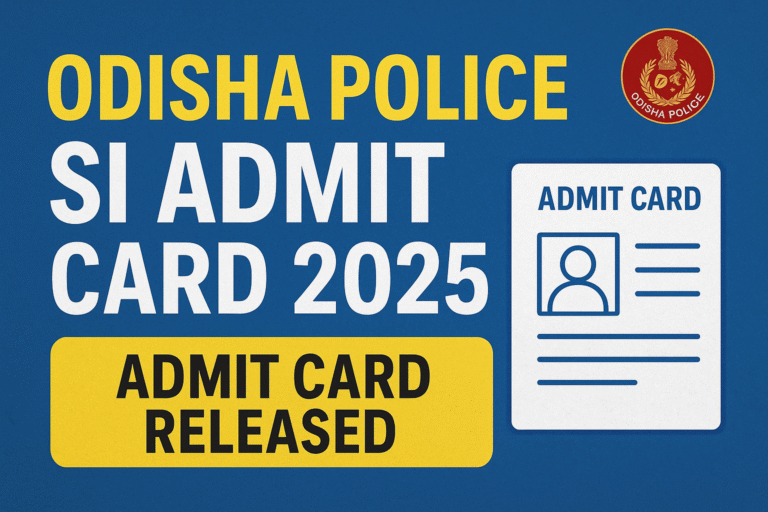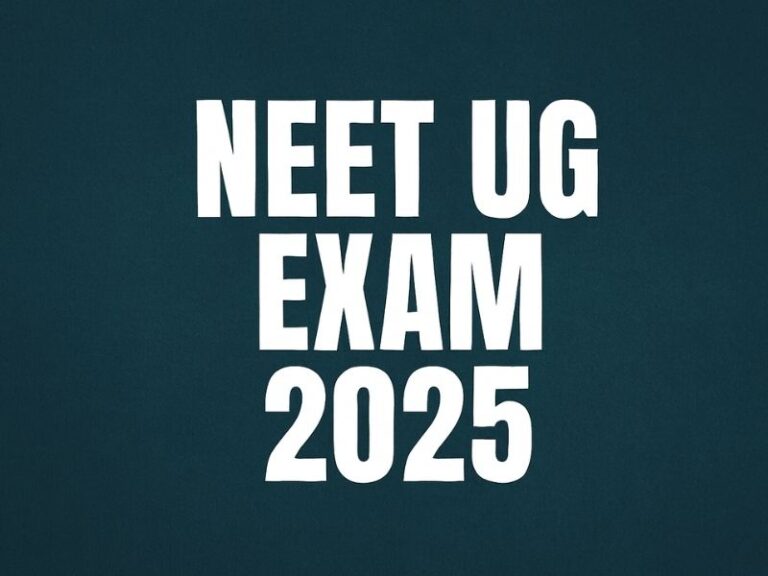
Imagine walking into a classroom where there are no walls, students learn from anywhere in the world, AI-powered tutors whisper the answers to your curious questions, and your curriculum adapts to your learning style in real-time. Sounds like something out of a sci-fi novel, right? Well, buckle up, because this is where we’re headed. Education is undergoing a massive transformation, and it’s not just about digitizing old textbooks or watching videos instead of reading chapters. It’s a complete evolution. So, what exactly does this future look like, and more importantly, how do we prepare for it?
The Rise of Personalized Learning
Why One-Size-Fits-All is Fading Away
Let’s face it. We all learn differently. Some of us are visual thinkers, others thrive on hands-on experiments. The future of education is leaning heavily toward personalized learning—tailoring lessons, content, and pace to each student’s individual needs. Algorithms, much like your Netflix suggestions, will soon be guiding what you learn next, based on your interests, performance, and goals.
Artificial Intelligence in the Classroom
Teachers + AI = Dream Team
Don’t worry, robots aren’t replacing teachers. But they’re definitely joining the team. AI is stepping in to handle repetitive tasks like grading, freeing up educators to focus on what they do best—teaching and mentoring. AI can also act as a virtual tutor, offering instant feedback and helping students understand tough concepts without embarrassment or hesitation.
Gamification of Learning
Because Learning Shouldn’t Be Boring
Why are kids glued to video games but groan at the thought of homework? The answer: engagement. Gamification in education turns dull lessons into challenges, missions, and leaderboards. It taps into the natural human desire for achievement and competition. And yes, even adults love it. Imagine earning badges for mastering Excel or leveling up after acing calculus.
Virtual and Augmented Reality
Learning That Feels Like Magic
Want to explore ancient Egypt without leaving your room? Or dissect a frog without the mess? VR and AR make that possible. They create immersive experiences that are not only memorable but also highly effective. These tools engage multiple senses and make abstract concepts come to life—literally.
Microlearning and Bite-Sized Education
Small Chunks, Big Gains
In today’s fast-paced world, who has time for hour-long lectures? Microlearning delivers content in short, focused bursts—think of it as the TikTok of education. It’s efficient, flexible, and perfect for just-in-time learning, like brushing up on negotiation skills right before a big meeting.
The Role of Soft Skills
Being Human Still Matters
As automation takes over technical tasks, soft skills—like empathy, creativity, and communication—are gaining importance. Schools and training programs are weaving these into their curriculums because in the future, it’s not just what you know, but how well you work with others that counts.
Blockchain in Education
Proof of Skills, Secured Forever
Say goodbye to lost diplomas and fake degrees. Blockchain is making educational credentials tamper-proof and instantly verifiable. It’s also giving rise to a more modular approach to learning—letting you stack small courses and certifications into a custom-built degree that reflects your unique skills and interests.
Global Classrooms and Cultural Exchange
Where the World Becomes Your Campus
Online education has shattered geographic barriers. Students can now collaborate with peers from across the globe, gaining not just knowledge but also global perspectives. It’s like having pen pals, but instead of letters, you’re exchanging ideas on climate change or economics in real-time video calls.
Challenges of the Digital Divide
Not Everyone Has a Seat at the Table
Here’s the catch: not everyone has access to these futuristic tools. Internet connectivity, digital devices, and even electricity are still luxuries in some parts of the world. If we’re not careful, the gap between the educational haves and have-nots could widen even further.
The Changing Role of Educators
From Lecturers to Learning Coaches
Teachers are no longer just information dispensers—they’re facilitators, motivators, and mentors. In the future, educators will spend more time guiding students on their learning journeys, helping them find their paths, and teaching them how to learn, not just what to learn.
Education for Lifelong Learners
School’s Never Really Out
The days of finishing education in your early twenties and coasting through life are over. New skills are needed all the time, and the future belongs to those who keep learning. Lifelong learning is becoming the new norm, supported by online platforms and flexible course structures.
Green Education and Sustainability
Learning to Save the Planet
As climate change continues to dominate global headlines, education systems are stepping up. Sustainability is becoming a core subject, with schools teaching students how to live more eco-conscious lives and develop solutions to real-world environmental challenges.
Emotional and Mental Wellness in Learning
Brains Need Breaks Too
High stress and burnout are real. The future of education is finally acknowledging that students aren’t just brains—they’re whole people. Mindfulness, emotional intelligence, and mental health support are being baked into learning experiences, creating environments where students can thrive, not just survive.
Cross-Disciplinary and Project-Based Learning
No More Silos
Real-world problems don’t come in subject-shaped boxes, so why should education? Project-based learning breaks down the walls between disciplines. A single project might include elements of science, math, writing, and art. This method encourages critical thinking and real-world application.
The Power of Data-Driven Education
Know Thy Learner
Big data is not just for corporations. Schools are using analytics to understand how students learn best. By tracking progress, identifying gaps, and customizing learning experiences, data is turning educators into educational scientists who make informed decisions rather than relying on guesswork.
Flexible Learning Environments
Learning On Your Own Terms
Forget rigid schedules and physical classrooms. The future of education offers flexibility. Whether it’s learning at your pace, at midnight, or from a beach in Bali—education is becoming more accessible and adaptable to our ever-changing lifestyles.
Ethical Dilemmas in Future Education
Just Because We Can, Should We?
With all this tech, come tough questions. Should AI decide what students learn? Is too much screen time harmful? As we march into this brave new world of learning, we must tread carefully and ensure that innovation doesn’t come at the cost of well-being or fairness.
Conclusion: Embracing the Learning Revolution
So, where does that leave us? Right in the middle of an educational revolution. The good news? You’re already part of it. Whether you’re a student, teacher, parent, or lifelong learner, the future of education is yours to shape. It’s not about memorizing facts anymore—it’s about nurturing curiosity, embracing change, and building skills that will carry us into tomorrow. Let’s not just keep up with the future—let’s create it.






